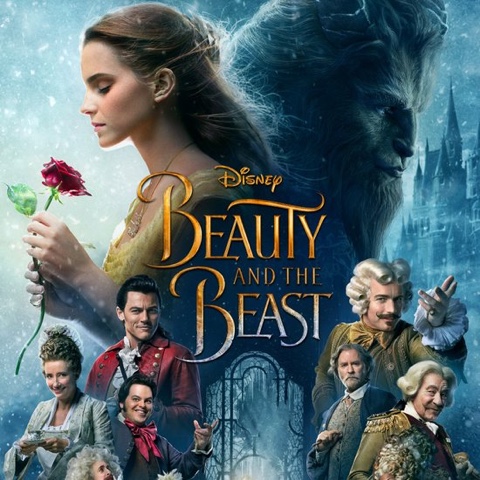EdgeLit Derby - Enlightened by Grimdark
The discussion began with an attempt to define Grimdark as a sub-genre. There was some disagreement as to whether George RR Martin (Game of Thrones etc.) came under this heading. I think it was generally agreed that Scott Lynch's Locke Lamora books did. As far as I now understand it, Grimdark is a sub-genre with low magic, a smaller setting (usually, hence the Martin debate), ordinary people, and a much greyer line between heroes and villains. In fact, there are no true heroes, certainly not of the "shiny" type. If I think of Locke Lamora, it's basically likeable bad people with a sense of humour trying to outwit other bad people to stay alive. They don't always succeed. It's about daily, individual survival rather than a higher purpose.
Several times, the panel guests spoke of this being a "realistic" approach to fantasy, rather than the "escapism" of high fantasy. A response to the grimness of the real world ( the one outside books). The view was voiced that most people don't spend their days in an epic battle between good and evil, but simply figuring how to exist from day to day. Interestingly, they also claimed Grimdark was more inclusive of minority sex and gender identities.
Some readers may remember a blog I wrote called Curtains to the Darkness, in which I wrote of my frustration at a general tendency to equate "dark" with "mature" or "realistic". It's particularly frustrating that the opposite of "dark" is "light", which carries with it connotations of "lightweight". It implies that anything that is not "dark" is mere escapist fluff. So I was keen to ask the panel if they went along with this view. Did they perceive a prejudice against light-filled fantasy?
In asking this question, I was thinking particularly of my current work-in-progress, The Angelio Trilogy, which is also low magic, small scale, mostly about personal relationships and definitely inclusive of minorities. But it's not "dark". Everyone is basically good and redeemable; even the "villains" are just insecure schoolboys. Neither does it subscribe to the notion that ordinary people aren't engaged in a battle between good and evil. How you see that depends entirely on your perception of the world and of your rôle in it. I suppose Angelio could be seen as "religious fantasy", in that it comes from a religious world view, and that view is upheld by the main characters. I suspect Grimdark comes from a non-religious world view, in which daily survival brings meaning to life.
I was pleased to find that the panel did not go along with the anti-light prejudice. A story can be "realistic" without being "dark". One observation made in answer to my question was that the people on our street or in our block of flats are mainly good people. So a world in which people are basically good reflects reality perfectly well. They even suggested a new name for my kind of fantasy, one which has no connotations of "lightweight". Uplifting. So now I can proudly say I am a writer of Uplifting Fantasy. And it's just as real as the grimmest Grimdark.




Comments
Post a Comment